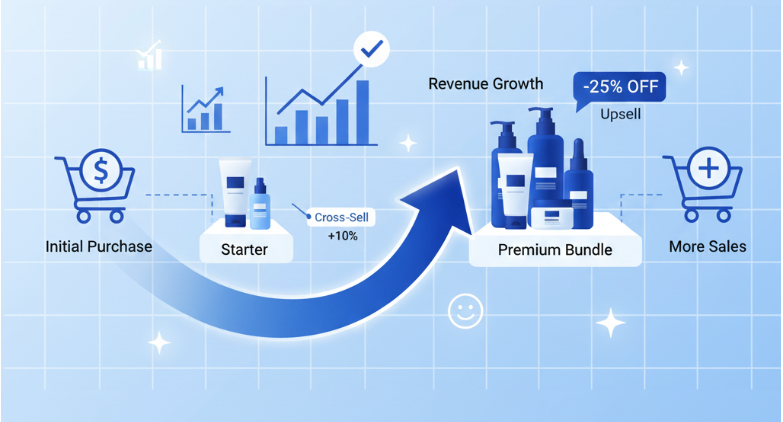
Introduction
AI content personalization is revolutionizing the way businesses interact with their audiences. By leveraging artificial intelligence, brands can deliver tailored experiences that improve engagement, increase retention, and drive conversions.
How AI Personalization Works
1. Data Collection and Analysis
- AI gathers user data through browsing behavior, purchase history, and interactions.
- Machine learning models analyze data patterns to understand user preferences.
2. Dynamic Content Recommendations
- AI-driven recommendation engines suggest relevant content, products, or services.
- Personalized emails, landing pages, and app interfaces enhance user engagement.
3. Real-Time Personalization
- AI adjusts website content dynamically based on user behavior.
- Chatbots and AI-powered assistants provide tailored responses and support.
4. AI-Driven A/B Testing
- Automated testing optimizes content variations for different audience segments.
- AI analyzes performance metrics to enhance content effectiveness.
Challenges and Ethical Considerations
- Data Privacy Concerns: Ensuring compliance with GDPR and data protection laws.
- Bias in AI Algorithms: Preventing AI from reinforcing existing biases.
- Balancing Automation and Human Touch: Maintaining authenticity in AI-generated content.
Future of AI-Driven Content Personalization
- AI will continue evolving with advanced NLP and deep learning techniques.
- Hyper-personalized experiences using AI-driven predictive analytics.
- Seamless integration of AI with IoT, AR, and VR for immersive user engagement.
Conclusion
AI-powered content personalization is a game-changer for businesses looking to enhance user engagement and deliver more relevant experiences. Implementing AI-driven strategies can help brands stay competitive in an increasingly digital landscape.
Hello.
Have an Interesting Project?



